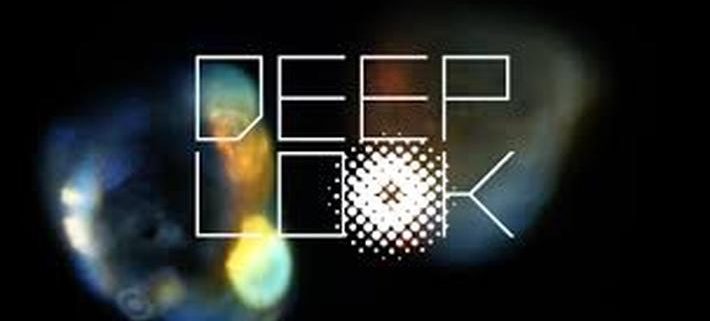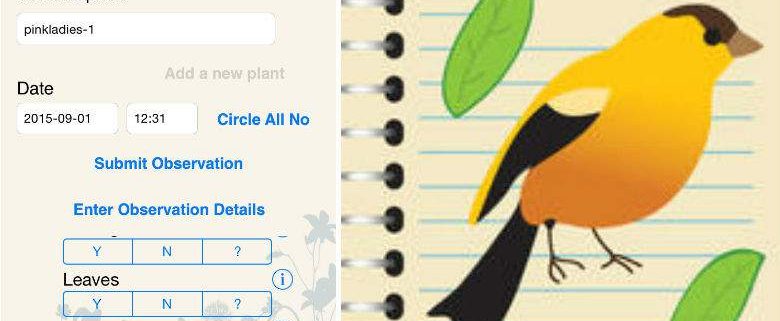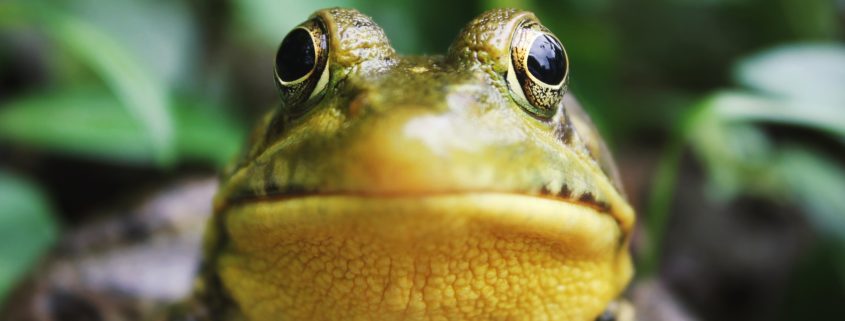Review of Deep Look: PBS examines the mysteries of nature
Reviewed by Laura Anderko
We can all relate to the majesty of a mountain or the expansiveness of the ocean. And while many Fairfax Master Naturalists engage in activities that require an “eye for detail” such as counting caddisflies during stream monitoring, it is not always possible to capture the splendor of the life of a caddisfly.
Now in its fourth season, PBS Digital Studies and KQED San Francisco offer a series of nature videos entitled Deep Look. These 3- to 5-minute videos cover a wide range of topics, such as how the caddisfly builds a protective home of pebbles using a waterproof “tape”. The photography is stunning, using macrophotography and microscopy (in 4K resolution) providing detailed views of nature that are often overlooked or invisible to us. Decidedly better than our bug boxes with magnifying lid!
But these videos offer more than the inside scoop on insects. Birds, sea life, plant life, animals, and how climate change impacts wildlife are also explored. Examples of topics include:
Feathers and the owl’s quiet flight
Sea otter’s fur and the secret to staying warm
Death cap mushrooms in disguise
Coral provides clues about weather 500 years ago
Episodes offer a topic of interest for everyone. New episodes are offered twice a month (complete watch list). For educators (elementary, high school and beyond), PBS Learning media provides a platform for students using the Deep Look videos. As a professor in public health, I found the episode on ticks fascinating with its images of how it uses its hooks to extract blood and ultimately, spread disease. I will be using it in the course I teach this fall.
I encourage you to take a few minutes to observe nature “up close and personal” to gain a deeper appreciation of our natural world and the complexity of lives of even the smallest of creatures. And how our work as Master Naturalists helps in safeguarding nature, no matter how “small”.
Want to review a resource? We’d love to hear from you. Instructions for submission await your click and commitment.





